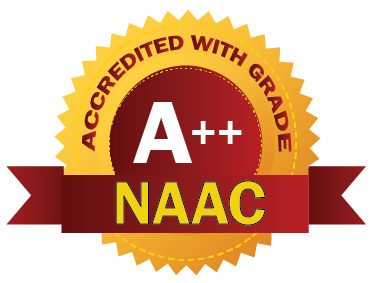Work-Linked Degree Programs allow students to study, earn, and gain industry experience simultaneously. These programs integrate academic learning with real-world work opportunities, helping students build practical skills and career readiness while pursuing a recognized degree.
The Work-Linked Degree Program at DPU enables students to earn their bachelor’s degree while gaining hands-on industry experience. By merging academic learning with on-the-job exposure, students develop job-ready skills that make them competitive in today’s workforce.
This program helps students build technical and professional expertise through structured learning and industry-aligned roles, ensuring they graduate with real-world knowledge, practical skills, and a career advantage from day one.
Enquire Now!
Benefits of Work-Linked Learning
Earn While You Learn
Work and Study Together
Industry-Integrated Learning
Gain Work Experience
UGC-Approved & Recognized
Work-Linked Degree Programs
Why Choose DPU?

grade accredited university.

Universities By NIRF

of excellence in education







